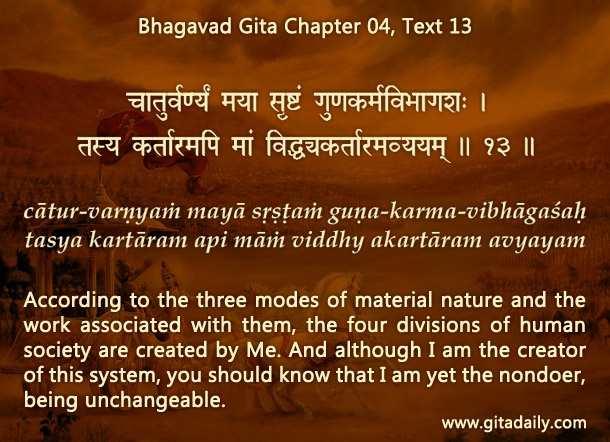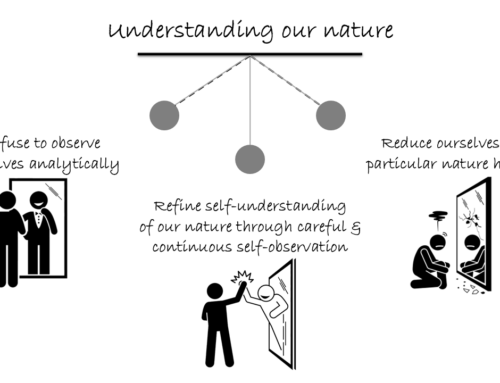We live in an age that cherishes equality, and rightly so. In many ways, we have put behind several forms of discrimination that characterized large parts of our recorded human history.
Yet while placing equality on a high pedestal, we may have overlooked that all forms of equality are not equally desirable. To understand, consider two forms of equality: equality of opportunity and equality of results.
Equality of opportunity: Suppose due to mandated discriminatory policy, students from certain ethnic groups are not allowed to even apply for medical college. Such discrimination deprives the world of potential talent in that group. Given that the world faces many grave problems and needs the best talent available, expanding the talent pool wherein we seek future experts is desirable, even essential.
Equality of results: Suppose due to mandated preferential policy, medical graduates are expected to reflect proportionately the broader society’s ethnic composition. To meet such quotas, doctors’ degrees may need to be given to some students from certain groups, even if those students aren’t yet sufficiently competent. And degrees may have to be withheld from some students belonging to other groups even if they are sufficiently competent. Both ways, the quality of doctors will decline, as will patients’ treatment.
Pertinently, the Bhagavad-gita indicates that people have different abilities, and society needs to be arranged to help them succeed in their areas (04.13). As people aren’t born with labels about the talents they possess, it’s best to let everyone pursue the fields that inspire them, and let their performance be the deciding barometer. Based on ethnicity, we can neither predict nor prescribe who will succeed in which area. Therefore, we need to ensure equality of opportunity, not equality of results.
One-sentence summary:
Equality of opportunity lets talent rise to competence; equality of results impedes competence.
Think it over:
- Why is equality of opportunity desirable?
- Why is equality of results undesirable?
- In your sphere of influence, how can you encourage the right equality?
***
04.13: According to the three modes of material nature and the work associated with them, the four divisions of human society are created by Me. And although I am the creator of this system, you should know that I am yet the nondoer, being unchangeable.
To know more about this verse, please click on the image
Explanation of article:
Podcast:



Sweet are the benefits of adversity.
Hare Krishna – very topical and well explained. Thank you
Prabhu Ji, whenever I am in the midst of some dilemma, some kind of confusion, I don’t why but I found the very relevant insight at the right time… pl accept my humble obeisance
Thanks for sharing; because of your sincerity, the Lord in your heart is guiding you to places where you can find the insights you need.